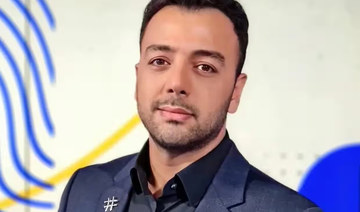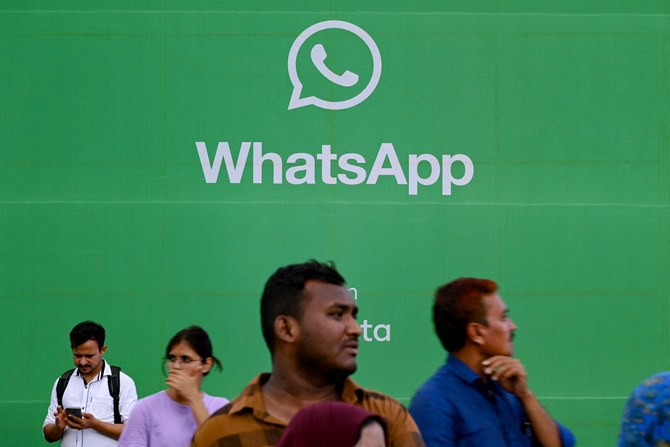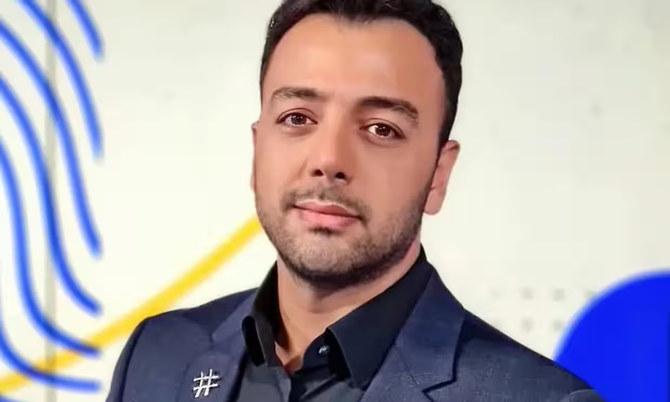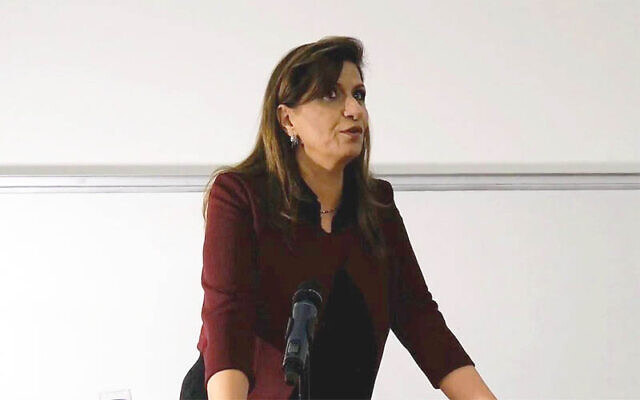DUBAI: The idea for independent music label GXR Records grew from a simple conversation between Elia Mssawir, an award-winning artist manager, and Paul Roy, the CEO of Galaxy Racer, a multimedia company focusing on esports, content creators, music and sport.
They were discussing their shared passion for music and vision for a company in the region that truly cares about its artists, Mssawir told Arab News.
“We started throwing around ideas and (talking about) how we wanted to bridge the gap between MENA (the Middle East and North Africa) and Asia — and that’s how GXR Records was brought to life,” he said.
They launched the label in August this year in partnership with Empire, a global independent label, distributor and publisher. Based in Dubai and with Mssawir as head of label, GXR Records is focused on developing talent in West Asian and North African territories. It has already signed a number of artists from this region, including Freek, Noel Kharman, Dyler, Hanody Awesome and Noor Stars, and the number of acts on its roster has reached more than 20 in the two months since launch.

Mssawir, who joined Galaxy Racer in April, had been recruiting artists and influencers in India, Pakistan, the Philippines and Malaysia, where the company has offices, and discovered plenty of musical talent in those places. An idea was born to not only sign artists from Asia and Africa but also help them collaborate with their counterparts in the Middle East.
The founders of GXR Records said that, building on parent company Galaxy Racer’s existing portfolio, it is dedicated to identifying and developing a diverse roster of emerging and established artists across the region, while encouraging cross-promotion and collaborations within the label to help them reach a wider audience.
In addition to finding and signing artists, GXR Records will work with Galaxy Racer to create and produce music for the parent company’s influencers and brand collaborations, Mssawir said. These collaborations between artists and the parent brand is part of Mssawir’s vision for the company.
“It’s becoming a family more than a label,” he said.
This ambitious vision is matched by the label’s growth strategy; GXR Records has already opened an office in the US and there are plans to establish bases in India, Pakistan, Bangladesh, the Philippines, Thailand, Malaysia and South Africa by the end of this year. There are no current plans, however, for additional offices in the Middle East.
“Our headquarters here in Dubai are enough to operate on a MENA scale for 2022,” said Mssawir. However, he added that GXR Records intends to expand its presence in Africa and the Levant in the coming year.
One of the challenges, historically, for regional artists has been how to develop and grow into a global presence, Mssawir said. “This is where we come in and enhance this opportunity for them,” he added.
The new label is planning to organize a large-scale music festival next year, something that has been a long-time dream for Mssawir but one he never seemed to have “the time or team to focus on” until now.
“We’re planning on doing small events around the region, building up toward a big festival where we’re hoping to get a couple of international artists, and the MENA artists can open or support the international artists,” he said.
He jokes that his biggest challenge since the launch of GXR has been “sleeping less and working more.” But he added that working hard and putting in long hours is something he is happy to do because “we want to change how the music business is being done here.”
Another challenge he said he has faced is the negative public perception of record labels, something he said has been largely influenced by the way they are portrayed in Hollywood.
“That’s one of the things that we want to change,” he said.
There were no professional managers for acts in the region a decade ago and so artists would often accept any deal they could get, he said. The ecosystem is changing, however, and Mssawir said he is determined to help set high standards for artists, particularly when representing GXR Records as a brand.
“Labels are not there to kill artists’ careers,” he said. “And that’s why I don’t really call (GXR) a label, I call it a facilitator: We facilitate for the artists rather than labeling them.”

























